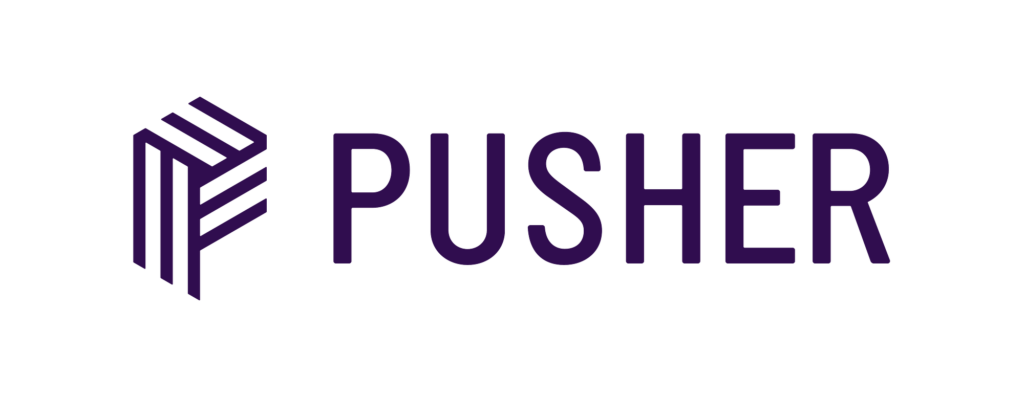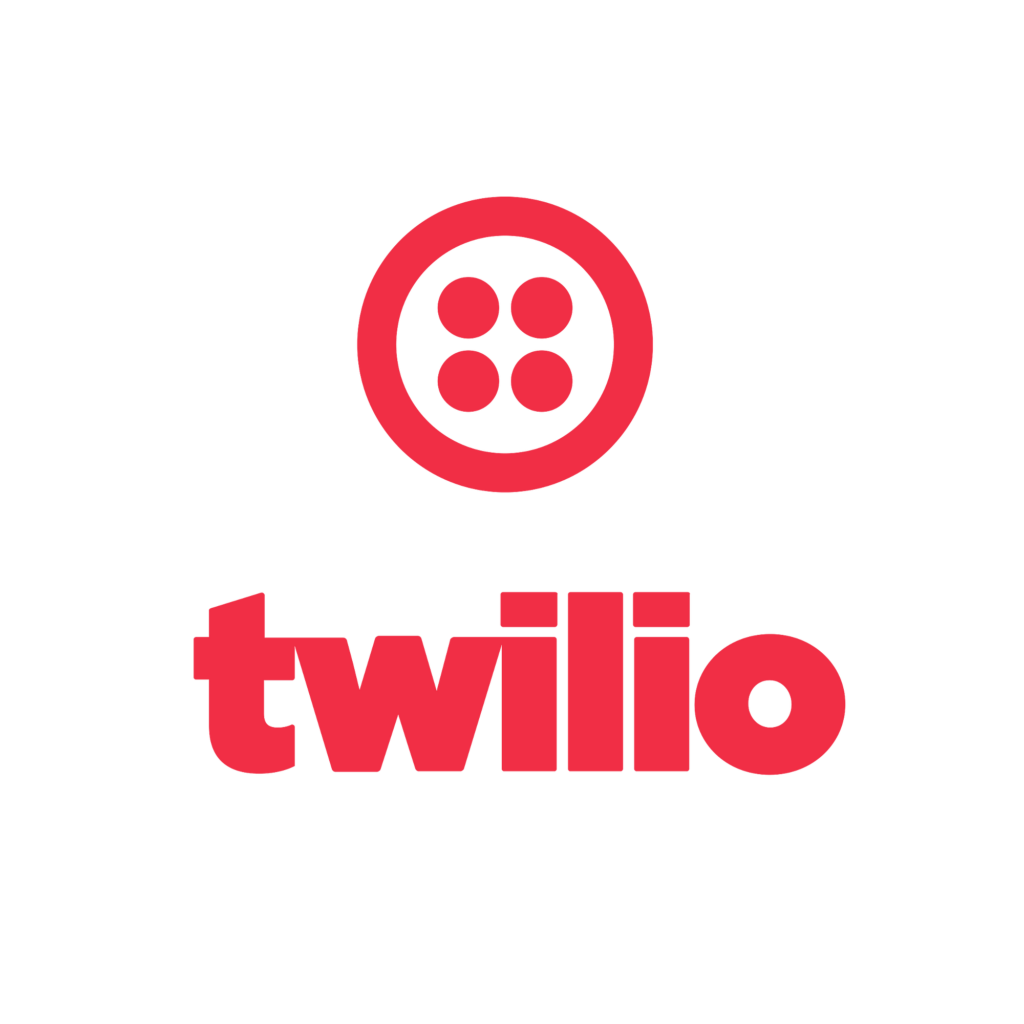In today’s dynamic digital landscape, crafting seamless real-time chat experiences is paramount for engaging users. Pusher Chatkit has long been a frontrunner, offering developers a straightforward integration and robust communication platform. However, as technology evolves and diverse project demands arise, exploring Pusher Chatkit alternatives has become imperative.
This comprehensive guide navigates through an array of leading alternatives, delving into their distinctive features, limitations, and crucial factors for consideration. From Twilio Chat to SendBird, Stream Chat, and more, each Pusher Chatkit alternative offers a unique blend of functionalities, scalability, and customization. By dissecting these alternatives and understanding critical decision-making factors, businesses, and developers gain a compass to navigate the realm of real-time messaging solutions beyond Pusher Chatkit.
Overview Of Pusher Chatkit: Features And Limitations

Features Of Pusher Chatkit
- Flexible API: Pusher Chatkit offers an API that allows seamless integration of chat functionality into web and mobile applications.
- User Management: The platform simplifies user authentication and management, enabling easy modification of user permissions within the chat system.
- Real-time Communication: Pusher Chatkit enables instant messaging and group chats in real time, enhancing user engagement and interaction.
- Customization: The platform allows for extensive customization of chat interfaces, ensuring integration with the app’s overall design and user experience.
- Scalability: Pusher Chatkit caters to varying needs, supporting both small-scale and enterprise-level chat requirements.
Limitations Of Pusher Chatkit
- Pricing Structure: Pusher Chatkit’s pricing, based on message volume, might become cost-prohibitive for high-traffic applications, potentially leading to increased expenses.
- Advanced Features: While robust, Pusher Chatkit might lack certain advanced features crucial for complex use cases, requiring additional customization or integration.
- Scalability Constraints: In instances of sudden or rapid user growth, Pusher Chatkit might face challenges in scaling efficiently, affecting performance.
- Resource Utilization: High resource utilization in intensive usage scenarios might impact the platform’s responsiveness, necessitating careful resource management.
What Sets Pusher Chatkit Apart?
Pusher Chatkit stands out due to its fusion of simplicity and robust functionality. Its hallmark lies in the seamless integration process, catering to both seasoned developers and newcomers to the chat application sphere. The platform’s real-time communication capabilities, coupled with its user-friendly API, ensure quick and efficient deployment of chat functionalities without compromising on performance.
Furthermore, Pusher Chatkit excels in user management, offering a hassle-free system for user authentication, permissions, and overall control within the chat environment. Its adaptability and scalability make it a preferred choice for projects of varying scales, from small-scale applications to enterprise-level solutions. The platform’s comprehensive documentation and dedicated developer support further enhance its appeal, offering a holistic package that balances ease of use with robust features.
The Need To Explore Pusher Chatkit Alternatives

While Pusher Chatkit excels in various aspects, exploring alternatives becomes imperative to address specific project requirements, cost-efficiency, or the need for advanced functionalities.
1. Specific Use Case Requirements
Exploring Pusher Chatkit alternatives becomes essential when specific use cases demand functionalities beyond Pusher Chatkit’s capabilities. For instance, scenarios requiring intricate moderation tools, extensive multimedia support, or complex integration with third-party services might necessitate seeking alternatives.
2. Budgetary Considerations And Scalability Needs
Businesses experiencing rapid growth or expecting high user traffic may find Pusher Chatkit’s pricing structure prohibitive. Exploring Pusher Chatkit alternatives allows the evaluation of cost-effective solutions that offer scalability without compromising on features or performance, aligning better with budgetary constraints.
3. Desire For Enhanced Features Or Customization
In pursuit of enriched user experiences, businesses often seek alternatives that provide advanced features such as AI-driven chatbots, voice and video calling, or robust customization options. This quest for heightened functionalities and tailor-made solutions prompts the exploration of Pusher Chatkit alternatives.
4. Adaptation To Emerging Technological Trends
As technology advances, newer alternatives might emerge with innovative features and adaptability to evolving technological trends. Exploring these Pusher Chatkit alternatives ensures staying at the forefront of technological advancements and offering users a more contemporary chat experience.
Commonly Used Pusher ChatKit Alternatives For Real-Time Messaging Solutions

1. Twilio Chat
Twilio Chat presents a comprehensive platform known for its robust scalability and multifaceted messaging capabilities. It offers a diverse set of features, such as multi-channel messaging, chat history, and rich message attributes, catering to a wide array of application needs. Its adaptable APIs empower developers to craft personalized chat experiences while ensuring efficient message handling across various channels. Twilio Chat’s cross-platform compatibility and scalability make it an excellent choice for businesses seeking to elevate their real-time messaging game.
2. SendBird
SendBird is renowned for its end-to-end chat solution, encompassing a vast array of features and SDKs to create seamless chat experiences. Its scalability and support for rich messaging functionalities make it a go-to Pusher Chatkit alternative. With a focus on real-time communication, SendBird’s integration capabilities and extensive feature set, including push notifications and multimedia support, cater to applications requiring a versatile and engaging chat environment.
3. Stream Chat
Stream Chat offers developers scalable chat APIs and SDKs designed for building and customizing chat applications with agility and reliability. Its emphasis on real-time messaging, coupled with features like message threading, typing indicators, and comprehensive documentation, provides a strong foundation for creating immersive and interactive chat experiences. The platform’s developer-centric approach appeals to businesses looking for flexibility and ease of integration.
4. PubNub
PubNub’s real-time infrastructure-as-a-service provides a suite of tools for integrating chat and messaging features into applications seamlessly. With support for diverse platforms and devices, PubNub ensures continuous connectivity and synchronized data transmission. Its focus on security, presence detection, and message history management offers a robust backbone for creating dynamic chat applications catering to varying user needs and preferences.
5. Firebase Realtime Database
Firebase by Google offers a real-time database that facilitates synchronized data across devices, ideal for crafting engaging chat applications. Its real-time capabilities, coupled with user authentication and cloud storage, empower developers to build scalable and interactive chat experiences. Firebase’s comprehensive set of tools and integration options make it a compelling choice for businesses seeking robust and real-time messaging solutions within their applications.
6. CometChat
CometChat provides SDKs and APIs designed to seamlessly integrate chat functionalities, including voice and video calling, into applications. With a comprehensive suite for real-time communication and features like in-app notifications and cross-platform compatibility, CometChat caters to businesses seeking enhanced user engagement and immersive chat experiences.
7. Applozic
Applozic’s chat SDKs and APIs offer businesses a platform to integrate rich media, real-time translations, and chatbot functionalities into their applications. Focused on user engagement, Applozic provides tools for creating personalized and interactive chat experiences. Its robust support for various platforms and extensive feature set make it an attractive Pusher Chatkit alternative for real-time messaging solutions.
8. Mesibo
Mesibo’s real-time messaging APIs and SDKs provide features like end-to-end encryption, file sharing, and voice and video calling. Designed for scalability and reliability, Mesibo empowers developers to create secure and feature-rich chat applications across platforms. Its comprehensive documentation and developer-friendly environment facilitate smooth integration and maintenance.
9. Layer
Layer’s messaging APIs and SDKs empower developers to build rich and engaging messaging experiences within applications. With features like push notifications, user authentication, and customizable UI components, Layer offers a solid foundation for creating interactive chat interfaces. Its focus on simplifying complex communication workflows makes it a viable Pusher Chatkit alternative for real-time messaging needs.
10. Kommunicate
Kommunicate’s chat API and SDKs facilitate the integration of chatbots and human agents into applications, enabling personalized and efficient customer interactions. With support for multi-channel communication, AI-driven chatbots, and seamless integration options, Kommunicate caters to businesses seeking conversational AI solutions and enhanced user engagement.
Factors To Consider While Choosing The Perfect Pusher ChatKit Alternative

1. Scalability And Performance
Assessing the scalability and performance of a chat solution is paramount. Look beyond immediate needs and consider how the alternative accommodates future growth. Evaluate its ability to handle increasing user loads without compromising performance or responsiveness. Scalability becomes crucial, especially for applications expecting rapid expansion or fluctuating user volumes. Examining performance under different usage scenarios provides insight into the solution’s stability and adaptability to evolving user demands.
2. Feature Set And Customization Options
The feature set and customization capabilities of a Pusher Chatkit alternative significantly impact its suitability for specific project needs. Look for a solution that aligns with the application’s requirements, offering essential functionalities such as multimedia support, message threading, moderation tools, and real-time translations. Additionally, robust customization options ensure seamless integration with existing interfaces, allowing for a cohesive user experience tailored to the application’s aesthetics and unique branding.
3. Cost And Pricing Model
Understanding the pricing structure and associated costs of alternatives is crucial. Evaluate not only the initial costs but also long-term expenses related to usage, scalability, and additional features. Some platforms charge based on message volume, active users, or premium functionalities. Balancing the offered feature set with the cost ensures a cost-effective solution without compromising essential functionalities. It’s vital to choose a Pusher Chatkit alternative that fits within budgetary constraints while meeting specific project needs.
4. Developer Support And Documentation
Comprehensive documentation and reliable developer support significantly influence the integration process and ongoing maintenance. A platform with clear, detailed documentation, APIs, SDKs, and a responsive support team expedites troubleshooting and aids in successful implementation. Consider the availability of resources, such as forums, community support, and regular updates. A solution with robust developer support streamlines integration minimizes downtime, and facilitates smoother ongoing management.
5. Security And Compliance
Evaluate the security measures offered by the Pusher Chatkit alternative to safeguard sensitive user data. Look for features such as end-to-end encryption, data protection protocols, and compliance with industry standards (like GDPR or HIPAA). Ensuring robust security measures minimizes the risk of data breaches, builds user trust, and maintains regulatory compliance, especially for applications handling sensitive information.
6. Integration And Ecosystem Compatibility
Assess how seamlessly the Pusher Chatkit alternative integrates with existing frameworks, libraries, and third-party services. Compatibility with different platforms (web, mobile, desktop) and operating systems (iOS, Android) ensures a broader reach and better user accessibility. Additionally, an alternative that offers a rich ecosystem of plugins, extensions, or APIs simplifies integration with external tools, enhancing the overall functionality and versatility of the chat solution.
7. User Experience And Adoption
Consider the end-user experience and ease of adoption when selecting a Pusher Chatkit alternative. A user-friendly interface, intuitive navigation, and minimal learning curve contribute to higher user adoption rates. Assess user feedback and reviews to gauge the solution’s usability and user satisfaction, ensuring that the chosen Pusher Chatkit alternative aligns with the expected user experience and contributes positively to overall engagement.
Conclusion
In conclusion, while Pusher Chatkit remains a reliable choice for real-time chat, exploring Pusher Chatkit alternatives broadens possibilities to tailor solutions to unique project needs. Twilio Chat, SendBird, Stream Chat, PubNub, Firebase Realtime Database, CometChat, Applozic, Mesibo, Layer, and Kommunicate present diverse features catering to scalability, customization, and budgetary considerations.
Understanding these alternatives’ nuances, coupled with considerations like scalability, feature sets, costs, and support, empowers developers and businesses to make informed decisions. The quest for the ideal chat solution involves navigating a landscape rich with options, ensuring a seamless, engaging, and personalized user chat experience.









